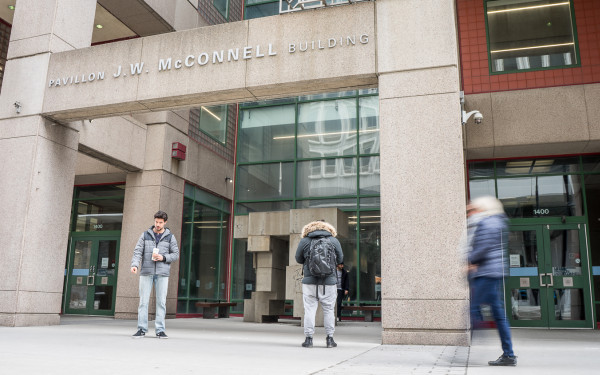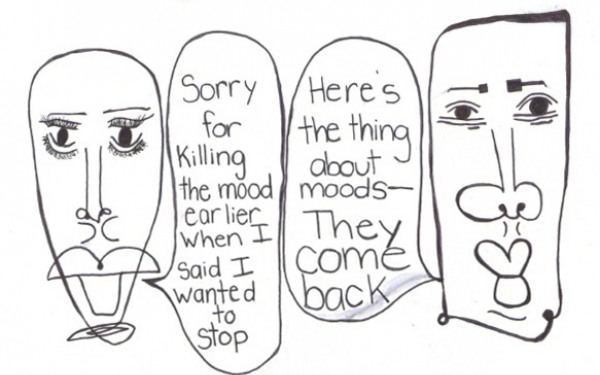Editorial: We Need to Get Real About Sex Education
“They’re indoctrinating, not educating.”
This was how Chanel Pfahl, an Ottawa-Carleton district school board trustee candidate, spoke of pro-LGBTQIA2S+ education programs in her city’s public schools.
Pfahl was one of at least 20 right-wing candidates running in Ontario’s school board elections focused on sexual-cultural wedge issues in October 2022. In particular, she raged against queer visibility and inclusive sexual education curricula.
On her Twitter account, Pfahl spread forms for parents to fill out—paperwork created by Parents as First Educators, an anti-LGBTQIA2S+ advocacy group focused on ripping out the roots of progress from public schools. The purpose is for parents to protest what their children are taught in sexual health clas.
Trans panic surrounding education has sky-rocketed in the past several years. Right-wing Canadian politicians, like Conservative Leader Pierre Poilievre, have been increasingly parroting talking points about sexual indoctrination in schools for some time now. The noise is only getting louder.
Thankfully, Pfahl and many of her fellow lackeys lost their elections. Nonetheless, the vitriol towards comprehensive, inclusive sexual education is alarming.
While conservative politicians moan and bitch in front of their microphones, teachers are once again facing the brunt of teaching sexual education in an increasingly hostile climate.
From an uptick in parents stoked on anti-woke roid rage emailing them about the dangers of sex education to provincial governments slashing their classroom budgets, it is only getting harder for teachers to do their jobs effectively.
The sexual education we get in Quebec is mediocre at best. Although the government outlines the steps teachers must take to educate their students, implementing these guidelines is a challenge when there is a lack of funding and resources.
For most of us raised in this system, we received a rapid-fire information session from a teacher about puberty and our changing bodies as we entered high school. Five years later, we eleventh graders would get a second earful on sex ed, this time about contraception and sexually transmitted diseases.
Surprisingly, passing around a fishbowl of condoms to a bunch of teenagers is not an adequate means of conveying crucial information about sexual health and wellbeing.
According to Quebec’s Ministry of Education, themes like consent need to be taught on a frequent basis. Learning about consent was an afterthought in most of our sex ed experiences. Let us not even start on LGBTQIA2S+ sexual education, which most of us never formally learnt about in the classroom.
If our current system is already overloaded and crumbling to bits, it is evident that attempts from the right to light a culture war on the education system are purely in bad-faith.
If we want to see substantial changes in our current sexual education system, we first need to adequately fund it. This means giving teachers the proper resources to do their jobs without the fear of going broke.
We need to make sure any sexual education project properly covers gender identity, gendered violence, consent and sexual diversity. Our fight for progress cannot be drowned out by transphobes with a bloodthirst for privatization.
Elementary and high school students need effective and inclusive sexual education, but it should not stop there. Universities also have a duty to educate their students about sexual conduct and sexual diversity beyond a mandated training on consent.
This is why we at The Link have created The Sex Issue, which highlights the realities of sexual and gender minorities, amplifies resources revolving around sex and features important discourse on sexuality.
Let’s talk about sex, baby!
This article originally appeared in Volume 43, Issue 9, published January 10, 2023.






